‘Small things mean a huge thing’: Meet the NSW Local Hero fighting homelessness with wraparound love
Posted on 10 Dec 2025
A long-time advocate for rough sleepers in northern New South Wales has been named her state’s…
Posted on 12 Sep 2024
By Matthew Schulz, journalist, Institute of Community Directors Australia

A year into her job connecting learning institutions and employers to help young people, Central Ranges Local Learning and Employment chief executive Nicky Leitch says she is inspired by the chance to be a “positive disrupter”.
We're part of the 31-strong local learning and employment network (LLEN) operating across Victoria. We work in the shires of Macedon Ranges, Mitchell and Murrindindi and service 14 secondary schools and 56 primary schools.
We are dedicated to enhancing education, training, and employment opportunities for young people in our region. We collaborate with local schools, TAFEs, community education providers and businesses to build a skilled and vibrant workforce.
As a not-for-profit organisation, we are steered by a volunteer board of directors and our main funding source is Victoria’s Department of Education for the School to Work contract.
We also deliver Project Ready, which is a 12-month work readiness program for students that incorporates a vocational education and training certificate in “active volunteering”. We have more than 30 schools in this program.
I have worked in the LLEN landscape for 18 years, 16 at Hume Whittlesea LLEN, including eight as the joint executive officer. In April last year I applied for the CEO role at Central Ranges LLEN and was successful. I have been in that new role since June 2023.

Having been a joint leader for eight years, I felt I had grown enough as a leader that it was time for a stand-alone position. I loved being a joint leader, which only works if you have a great colleague to share the role with. And I was lucky that that was the case. However, when the chance to grow and develop came along I decided to take it.
It did have its challenges when I started, and change does bring about further change sometimes. CRLLEN virtually has a new team on board in 2024, and I have been slowly learning a new demographic area that has a footprint that covers peri-urban, regional, and some larger, more remote areas. Coming from metropolitan Melbourne, this has been very different, but I love the beautiful countryside I am fortunate enough to work in.

All 31 LLENs make an incredible difference. We are often described as the "glue" behind the scenes, bringing schools and industry partners together for the benefit of young people. We can also be seen as "positive disruptors", which I love. You should never accept the status quo. And I believe it is good to challenge people to be better. Just because the education system has always done things a certain way doesn't mean that is the right way, so seeing lots of secondary school reform come in around the new VCE and vocational major is a good thing.
There are so many rewards, it's hard to name them all. I work with lots of different people and organisations who are all doing great things in their community. I get to work in the beautiful countryside. Every day it looks different. I get to work strategically and challenge our system norms, advocate for those who are sometimes vulnerable, and celebrate those achievements. We run vocational education awards in our schools and work with a variety of employers. I really value partnerships and work for the greater good and collective impact, so that is probably the part of my job I enjoy the most.
"There are so many rewards, it's hard to name them all."
Having had to work through some pretty difficult change management that I inherited when I started at CRLLEN, I felt that it was timely to check in and assess where I was at as a leader. We are in the midst of strategic planning, so I wanted to reflect on this and get some tips on this process. It was great to check in with other CEOs and discuss shared experiences and challenges.
I loved the reminders of “being on the balcony”, meaning making time for strategic thinking and not getting caught in the day-to-day. As a not-for-profit CEO there is never enough money for all the staff you need, so I am often called upon to do everyday tasks that my team could potentially be doing.
The course helped me to learn about "getting the monkey off your back", and reflecting on what my role entails. What can others do and how can I ensure I let them?
I loved that opportunity for self-reflection and affirmation of our leadership styles.
I have always been community minded. I love being a Big Sister – which helps older mentors such as me to provide guidance, encouragement and emotional support to young women and girls. I have been really fortunate to have worked with four long-term matches, one of whom I really feel is like my little sister. We still stay in touch. Now she is married and has her own family. I am super proud of her.
I am also an L2P driver mentor and fill in as a mentor in a couple of programs when required.
I do believe long-term mentoring can make an incredible difference in a young person's life, so I have loved those mentoring roles.
We really value the Institute of Community Directors Australia (ICDA) and I have used the resources and training a lot over my career. It's free to join, and there is so much value in shared resourcing. Our board members have also participated in some of the training too. I love the policy and procedures [in the policy bank], and as a small not-for-profit, having a policy bank that we can draw upon is incredibly helpful.
You don't! Ha ha. My inbox is always full, and I do my best. That is all I can do. I guess over time I have developed my skills in flagging tasks that are most urgent and making those a priority over other things. I also always prioritise what my staff need from me. I have learnt to live with the fact that that our work is never done.
Posted on 10 Dec 2025
A long-time advocate for rough sleepers in northern New South Wales has been named her state’s…

Posted on 03 Dec 2025
Emma-Kate Rose is the co-CEO of Food Connect Foundation, working with communities to support the…
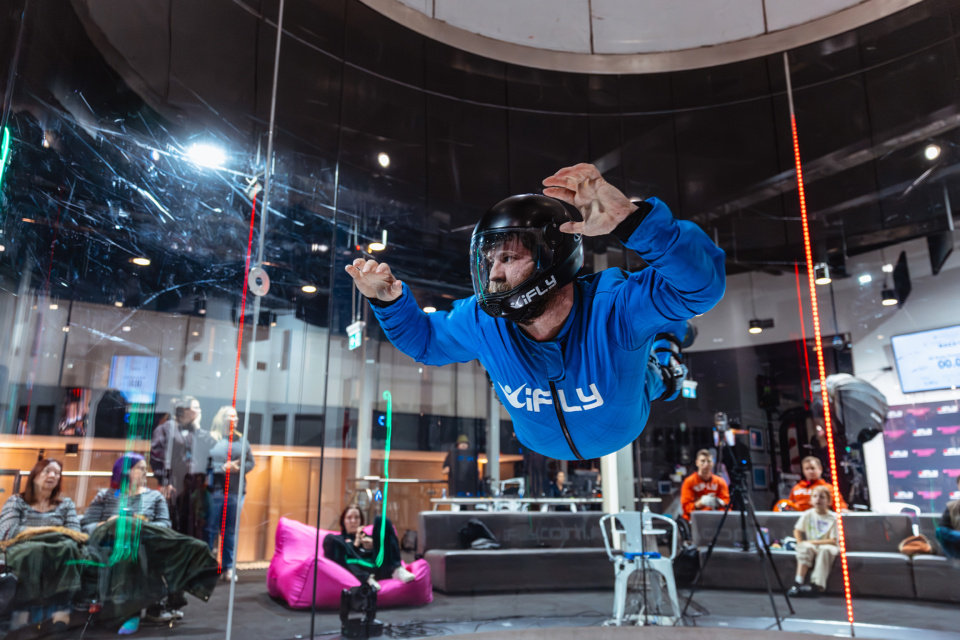
Posted on 26 Nov 2025
Next Wednesday, December 3, All Abilities ambassador Greg Pinson will be celebrating the…
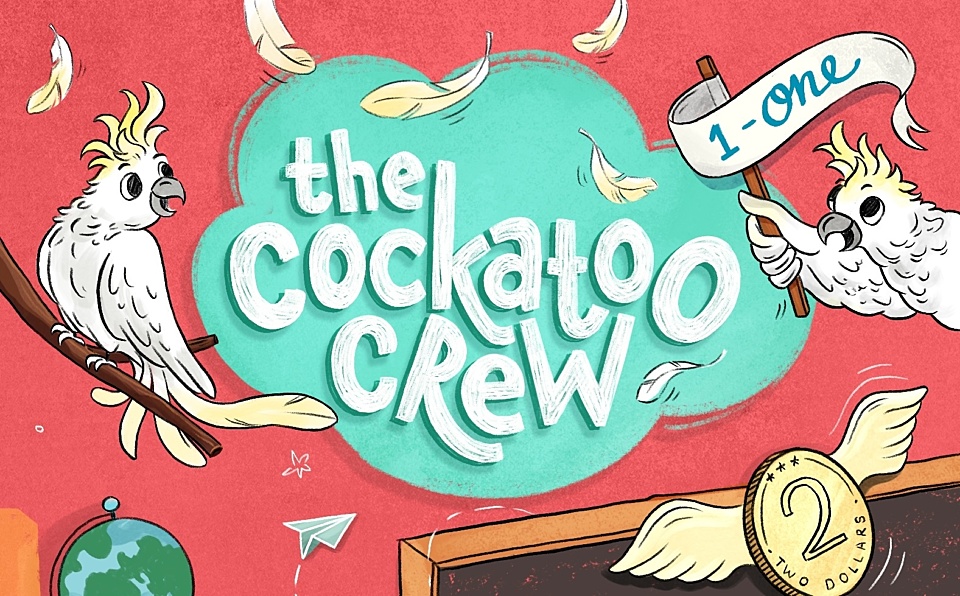
Posted on 19 Nov 2025
Lora Inak is the author of the Cockatoo Crew books, a new children’s fiction series (illustrated by…

Posted on 11 Nov 2025
Project Manta, a long-running scientific study that includes a citizen scientist component, is…

Posted on 04 Nov 2025
Diamando Koutsellis is the CEO of the not-for-profit Australian Ceramics Association, as well as a…
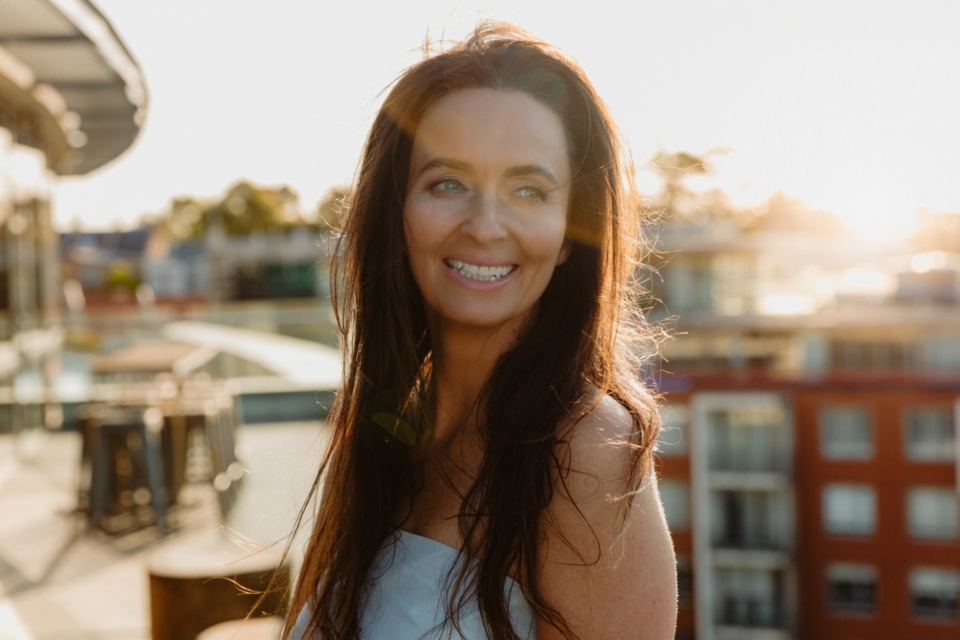
Posted on 28 Oct 2025
Mandy Richards is the founder and CEO of Global Sisters, a charity reinventing employment,…
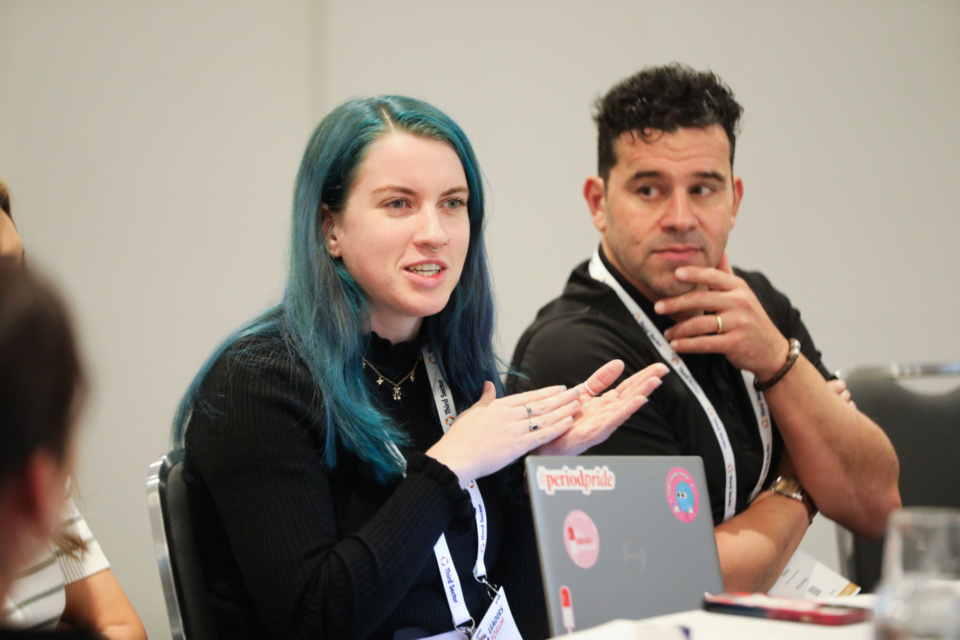
Posted on 22 Oct 2025
Brittiny Edwards is an advocacy and communications specialist for Share the Dignity, a charity that…

Posted on 15 Oct 2025
Starting at noon on Friday, at Brisbane’s Golf Central practice range, next to the airport, Mick…
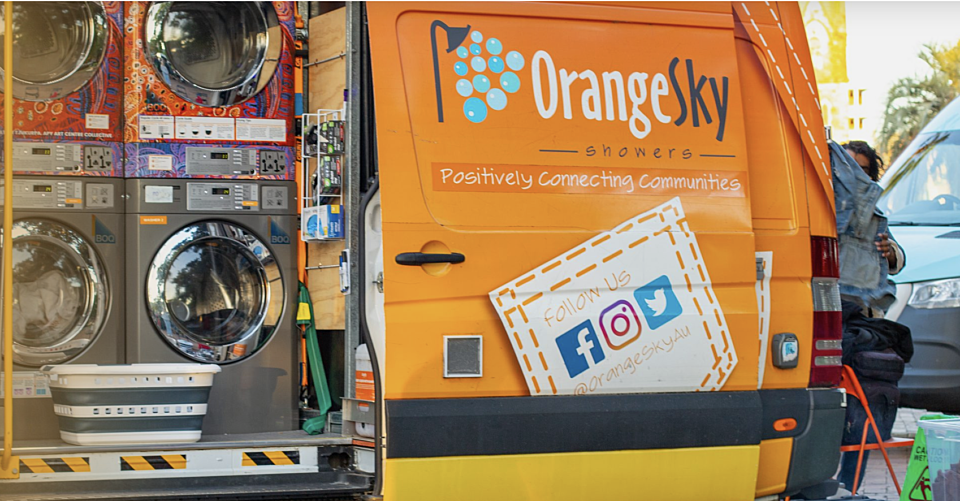
Posted on 07 Oct 2025
Friday is National Homelessness Day, highlighting the needs of those sleeping rough or without a…
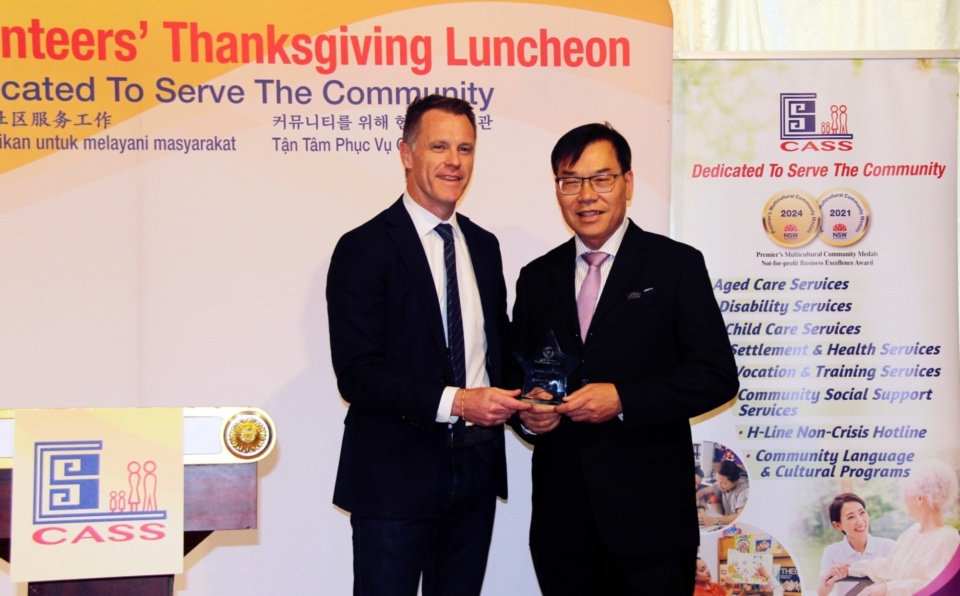
Posted on 30 Sep 2025
Professor Stephen Li, the chair of CASS, was named Volunteer of the Year at the recent Third Sector…

Posted on 24 Sep 2025
International hotel chains play a surprisingly large role in thwarting human trafficking and child…